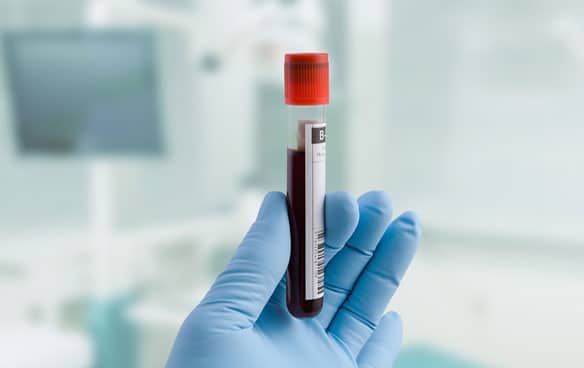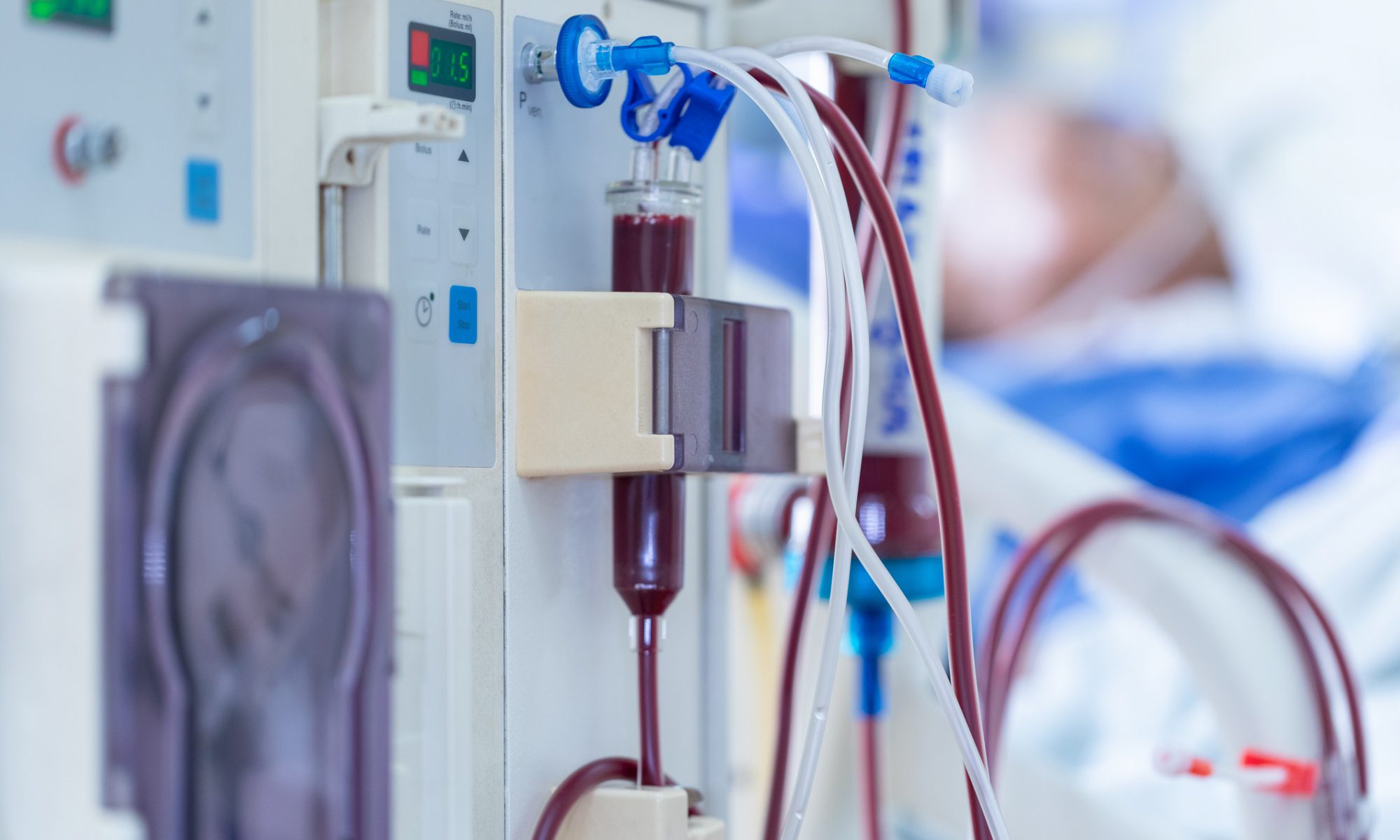In women with a high-sodium diet, every 1 g increase in daily potassium intake was associated with a 2.4 mm Hg lower systolic BP, according to data from a large cohort study.
In an analysis of long-term cohort data, researchers also found that women within the highest tertile of potassium intake had an 11% lower risk for incident and/or recurrent CVD events during nearly 20 years of follow-up compared with women with the lowest tertile of potassium intake, with a smaller but still significant CVD benefit observed for men.
Read more in Healio.







